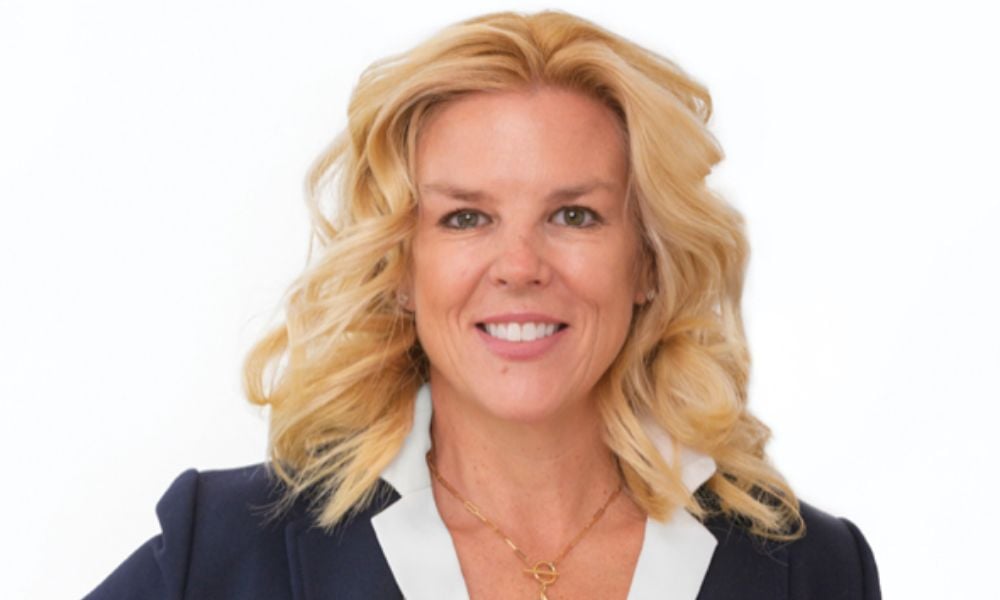IG survey shows 78% of clients say it's important, but less than 44% are doing it

While clients may say it’s important to integrate their house purchases into their financial plans, more than half aren’t seeking advice from their financial advisors before obtaining a mortgage – even as interest rates keep climbing, squeezing their budgets – and advisors need to address that.
“The financial planner is a critical part of the mortgage planning, especially since things have shifted so dramatically over the past number of years with home prices being what they are today and now the interest rates continuing to rise,” Alana Riley, IG Wealth Management’s Calgary-based head of mortgage, insurance, and banking, told Wealth Professional.
“A financial planner who integrates the mortgage within a financial plan can improve cash flow, reduce high-interest debt, and potentially expedite the rate at which the mortgage is paid off.”
When IG recently conducted a survey of 1,001 random Canadians, aged 18 and more, who hold a mortgage, it found that more than three-quarters – 78% – believe buying a house is the most important piece to be integrated into their financial plan. But, less than half of them – 44% – consulted with a financial advisor before getting a mortgage.
Other age-related factors are also beginning to play into home purchases and ownership.
“For the generation coming up now, buying a house for the first time is a big cost that’s much different than it was just 10, 15, or 20 years ago,” said Riley, noting that impacts many mid-life clients who also want to support their adult children’s first home purchases.
“At the other end of the spectrum, my family included, instead of moving out of their retirement homes into nursing homes, individuals are moving back into family members’ homes for multi-generational home care. That’s becoming quite popular post-COVID. So, there are more complexities around home ownership and mortgages now, and it’s important that financial advisors help to guide their clients through this multi-generational conversation.”
Riley is also concerned that the Canadians who aren’t seeking financial advice on their home purchases and mortgages may also not have the mortgage and insurance protection they need.
The IG survey showed that only 42% of Canadians have critical illness or disability insurance to protect their mortgage. Less than half of them – 45% – understood how insurance could also be used to maximize the value of their estates.
Riley noted that less than one-third – 29% – of the survey’s respondents also said that their financial advisor had provided any advice on how their mortgage could fit into their financial plans.
She added that recent surveys show that up to 40% of Canadians become disabled for at least 90, or more, days before age 65, so the financial risk of not having insurance protection is higher than most people realize.
“The most shocking part of all of this,” said Riley, “is that it’s not part of the intricate discussions that advisors are having every time they see a client, especially given the cost of living today, and the fact that interest rates have increased and mortgages have been a heated topic across Canada now for the last 12 to 18 months.”
She urged financial advisors to check in with their clients about not only their intentions to buy or renew their mortgages, but to ensure they have the proper insurance to cover them.
Given what it’s seen in its surveys and its commitment to providing holistic client advice, IG has embedded this discussion in its customer relationship management system. Its advisors can also draw on mortgage and insurance specialists to address clients’ needs, especially if they’re more complex.
“The real key for financial advisors is not to look at the mortgage as a standalone product. It’s really part of the integrated financial plan that they need to discuss with their clients,” said Riley, adding that the discussion involves more than the best mortgage rates or whether these should be fixed or variable. It should be part of a client’s budgeting and estate planning discussions.
“For those advisors who have had to sit across the table from any clients and explain that they don’t have insurance or protection in place for the loss of a loved one or upon them becoming disabled, they know that’s a really challenging conversation to have. So, they should make that a central part of their financial plan to help their clients sleep at night.”
Read next: Investment property mortgage rates explained: what your clients should know



